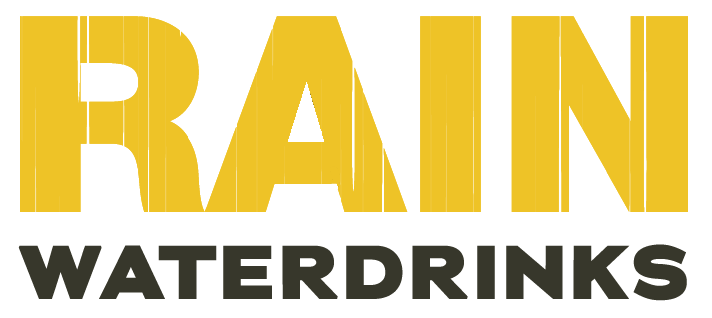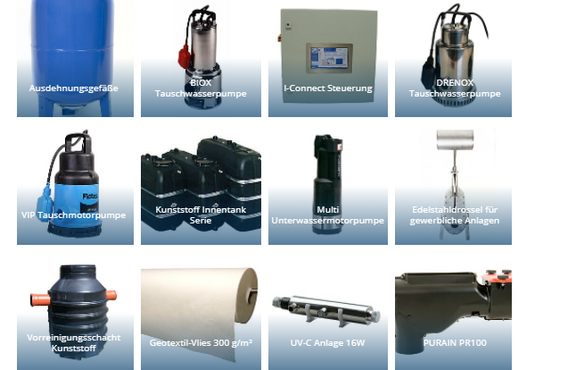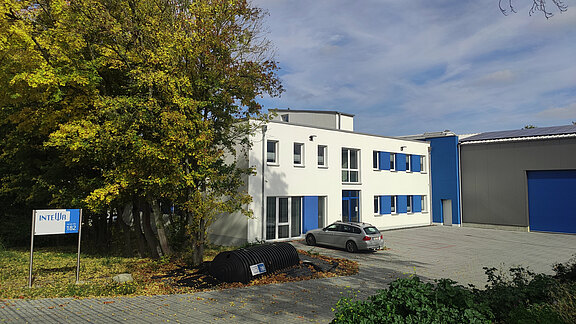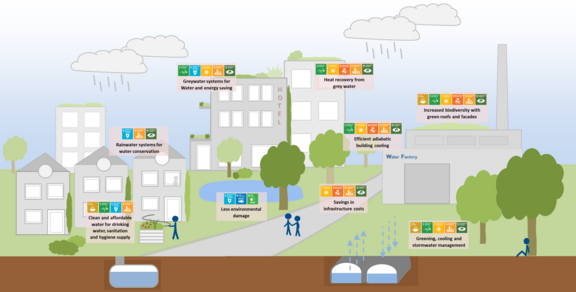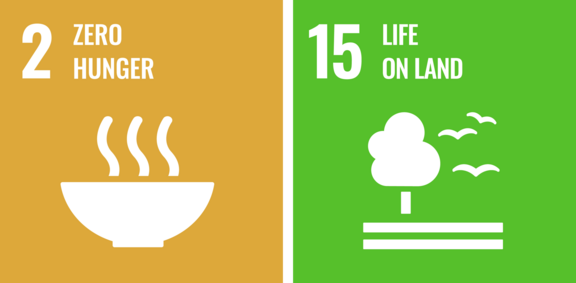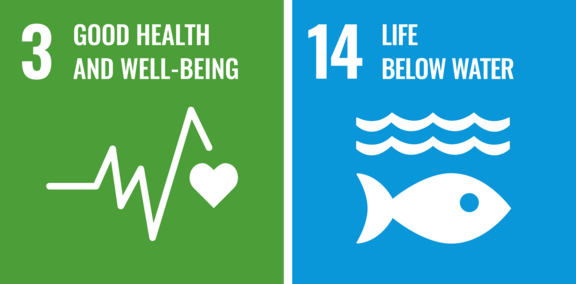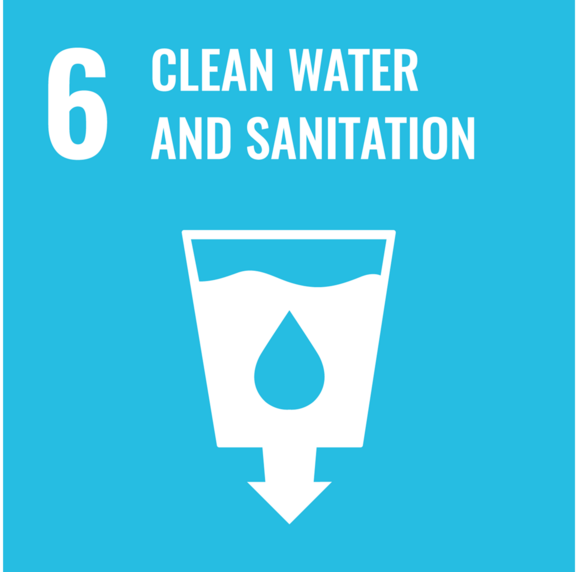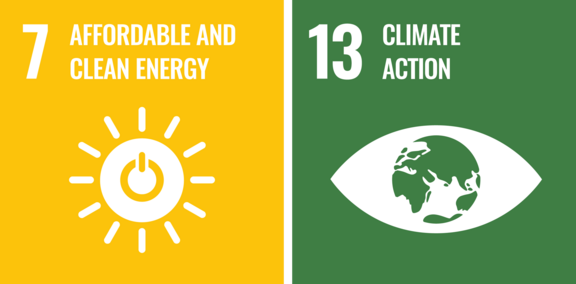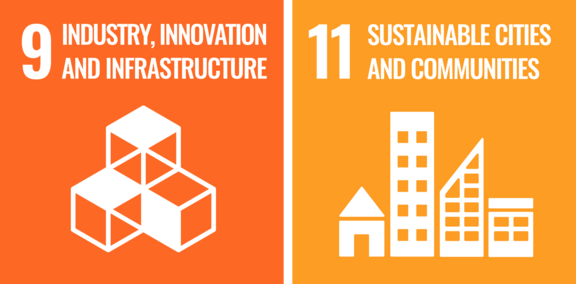Sustainable goals at INTEWA
The 17 Sustainable Development Goals (SDGs) are political objectives of the United Nations (UN) that are intended to ensure sustainable development worldwide on an economic, social and ecological level. The existing and future INTEWA products, systems and solutions contribute significantly to the achievement of these goals.
Water is the elementary basis for ensuring all agricultural yields and thus the food supply. All INTEWA technologies contribute directly or indirectly to this goal. With the subsurface irrigation system, for example, irrigation for vegetable cultivation and stormwater management are combined in a unique way.
On April 30, 2007, the EU Environmental Liability Directive came into force. According to it, polluters should be liable for environmental damage. However, many damages have not even been recorded yet, such as the growing water pollution with trace substances. INTEWA technologies are already helping health today, for example by allowing the use of low-polluted rainwater instead of groundwater or bank filtrates for drinking water supply. The SEPAMAT system separators protect drinking water from contamination from the user side.
SDG number 6 aims to ensure universal access to safe and affordable drinking water, sanitation and hygiene, and to end outdoor defecation. In doing so, it also aims to improve water quality and water use efficiency, and promote the sustainable abstraction and provision of freshwater.
The protection and restoration of water-associated ecosystems, including forests, mountains, wetlands, and rivers, are essential to mitigating water scarcity, as is the implementation of integrated water resources management.
Increased international cooperation is also needed to support developing countries in water and sanitation activities and programs, and in improving water and sanitation management in local communities.
All INTEWA technologies, such as rainwater harvesting, AQUALOOP greywater recycling and DRAINMAX stormwater management solutions, contribute directly to achieving this essential goal.
Water and CO² generation are directly linked. With heat recovery from wastewater, up to 15 kWh/m³ of heat that previously escaped into the environment can be recycled. With evaporative cooling, high amounts of cooling capacity can be achieved almost free of charge via adiabatic cooling or underfloor evaporation with DRAINMAX tunnels.
Huge amounts of CO² are emitted for the construction and maintenance of central water infrastructures, for example. The contributions that INTEWA technologies can achieve to SDG number 9 are huge. The decentralized AQUALOOP greywater systems and the DRAINMAX stormwater management systems save these infrastructure costs.
All of the previously mentioned technologies are also reflected in SDG number 11. A sustainable city of the future is not achievable without sustainable water management. Of additional importance is the INTEWA I-Connect. With this digitalization technology, INTEWA commercial systems can already be remotely controlled and monitored. This maximizes safety and efficiency and minimizes operating costs.
For years, INTEWA has been developing technologies and research and development projects for a sustainable and decentralized circular economy, achieving water supply and disposal with water savings up to 55 m³/ person/ year and climate protection with energy savings up to 547 kWh/ person/ year and cooling capacity by evaporation up to 36,682 kWh/ person/ year.

